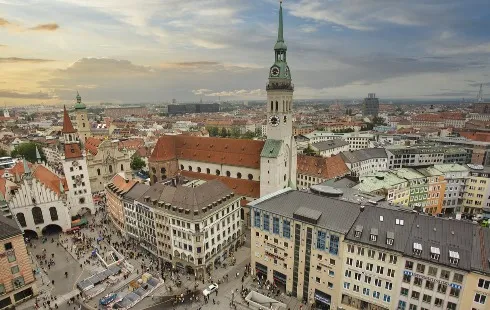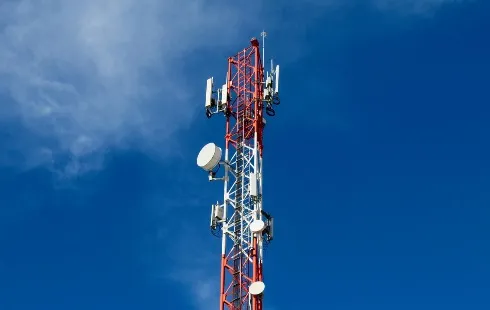
Gonadorelin Peptide: A Gateway to Understanding Endocrine Dynamics
Section: Science
After Moscow authorised a hack attack on the Bundestag, the EU issued sanctions. Russia has responded to the sanctions over the 2015 attack by issuing further entry bans on German citizens. The Kremlin claimed it was a response to the "destructive actions on the part of the EU", a statement from the foreign ministry in Moscow said on Tuesday.
It was not initially clear who exactly and how many people would no longer be allowed to enter Russia. It said that "leading employees of the German security and intelligence structures" were affected.
Eu sanctions were aimed at individuals purported to have been directly or indirectly involved in the hack. This includes the head of the Main Directorate of the General Staff of the Russian Armed Forces, one of the suspected hackers and a military unit blamed for cyber attacks. Under the sanction, the EU can freeze assets of those it identifies as part of the attack. The individuals are also subject to EU travel bans.
Russia had only last week imposed entry bans on representatives of the German government apparatus in the case of poisoned Kremlin opponent Alexei Navalny. This was Moscow's reaction to EU sanctions already imposed in October. The 44-year-old Navalny continues to stay in Germany for rehabilitation after the Novichok attack. Russian relations with Germany are at an all-time low, recently made worse by the Navalny assassination attempt and subsequent treatment in Germany.
Photo by Michael Parulava

Section: Science

Section: Health

Section: Arts

Section: Health

Section: Science

Section: News

Section: News

Section: Health Insurance

Section: Health

Section: News
Health Insurance in Germany is compulsory and sometimes complicated, not to mention expensive. As an expat, you are required to navigate this landscape within weeks of arriving, so check our FAQ on PKV. For our guide on resources and access to agents who can give you a competitive quote, try our PKV Cost comparison tool.
Germany is famous for its medical expertise and extensive number of hospitals and clinics. See this comprehensive directory of hospitals and clinics across the country, complete with links to their websites, addresses, contact info, and specializations/services.
What do you get when you blend the tradition of American stand-up comedy with themes that are anything but funny? Pair that with a captivating performer and author like Claus von Wagner, and you're guaranteed a fantastic evening. Projekt Equilibrium is his latest program, which explores the quest...



No comments yet. Be the first to comment!